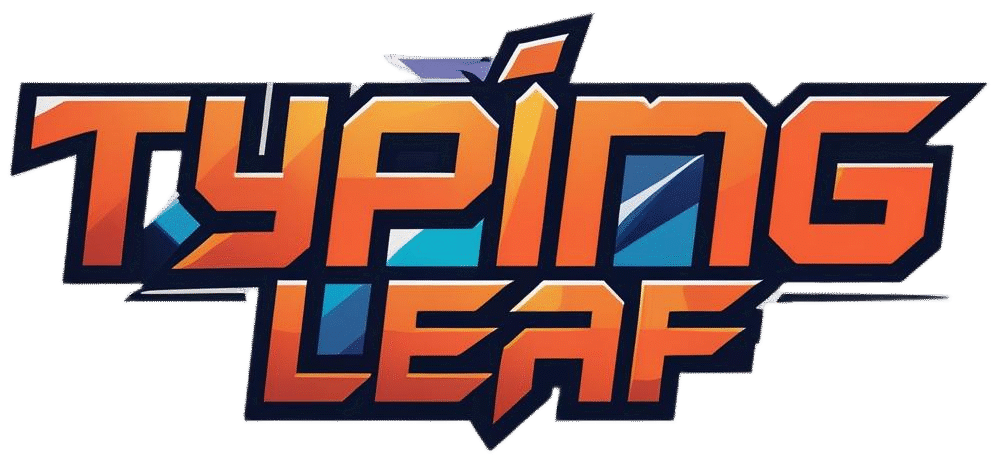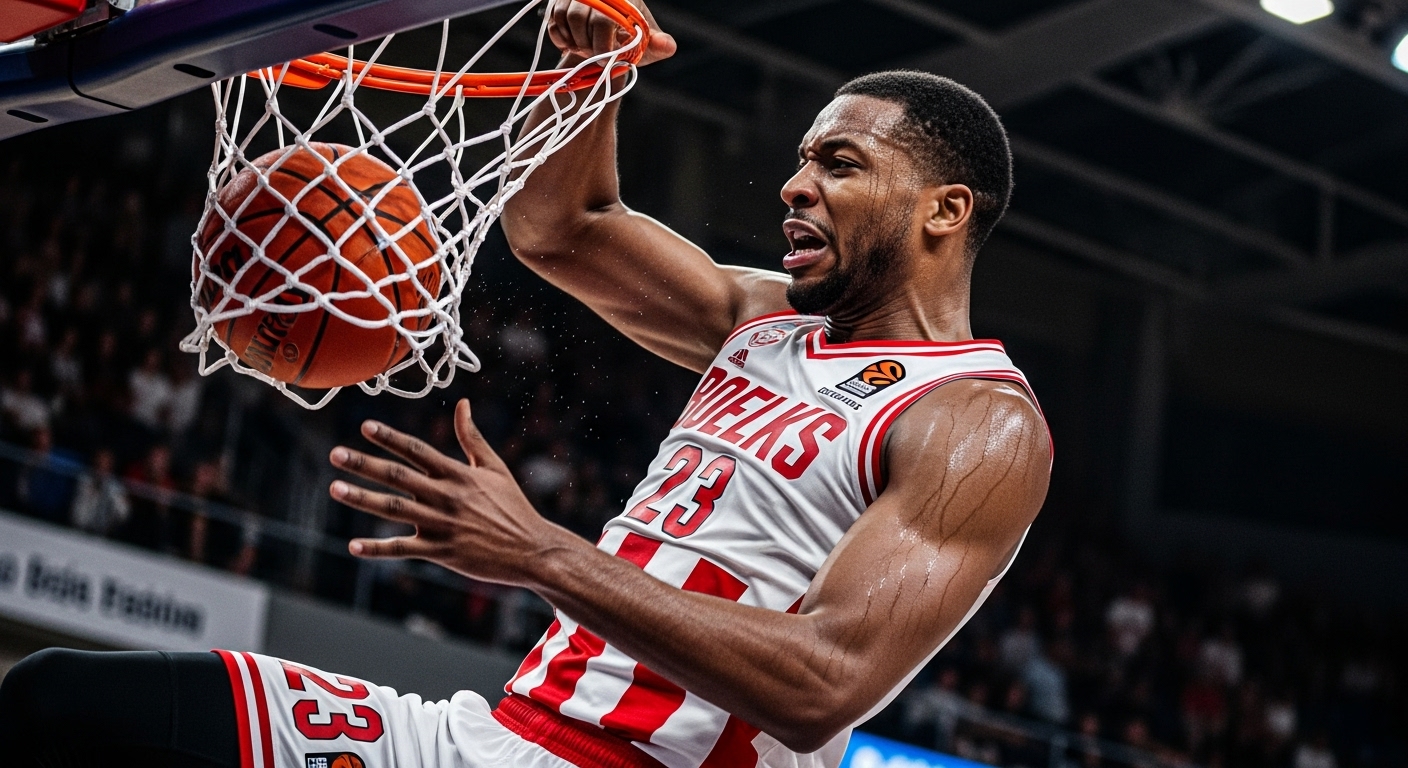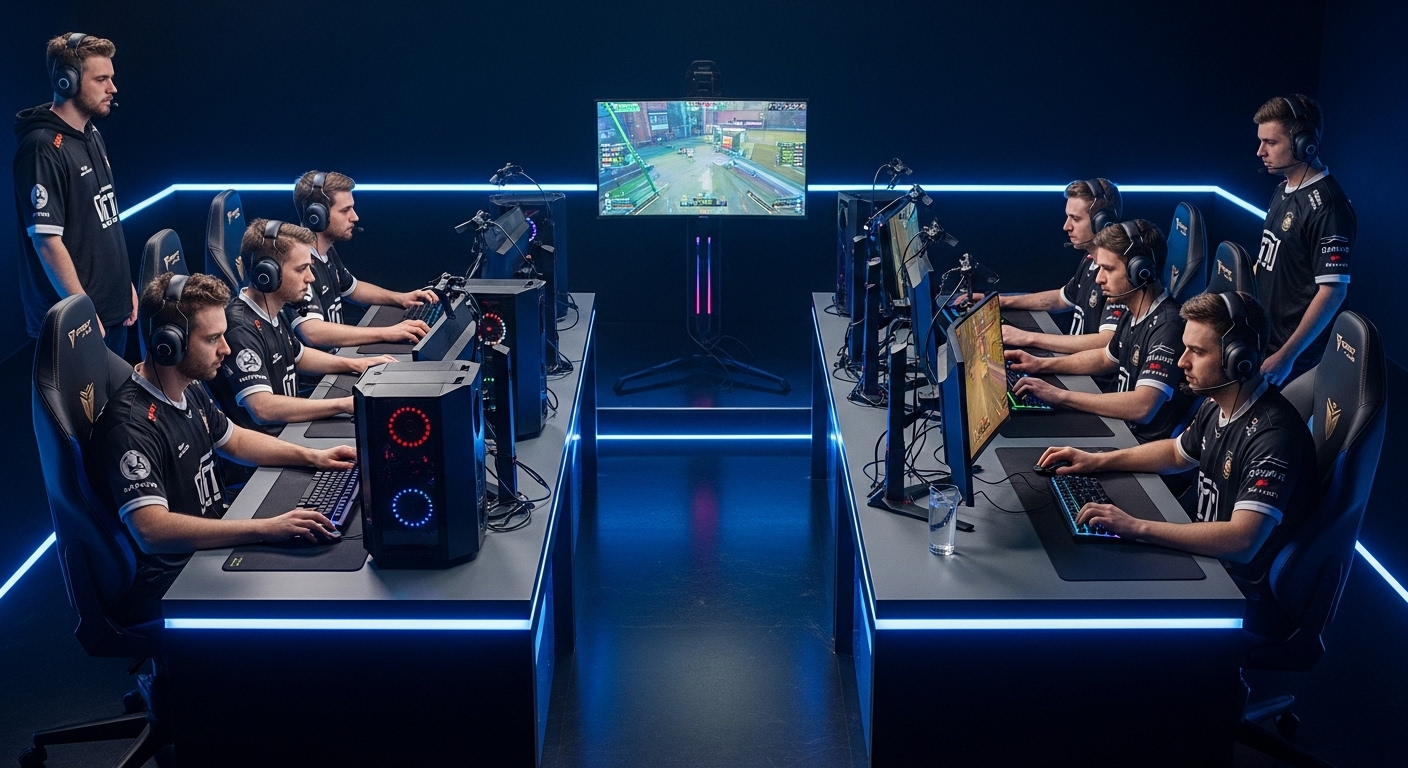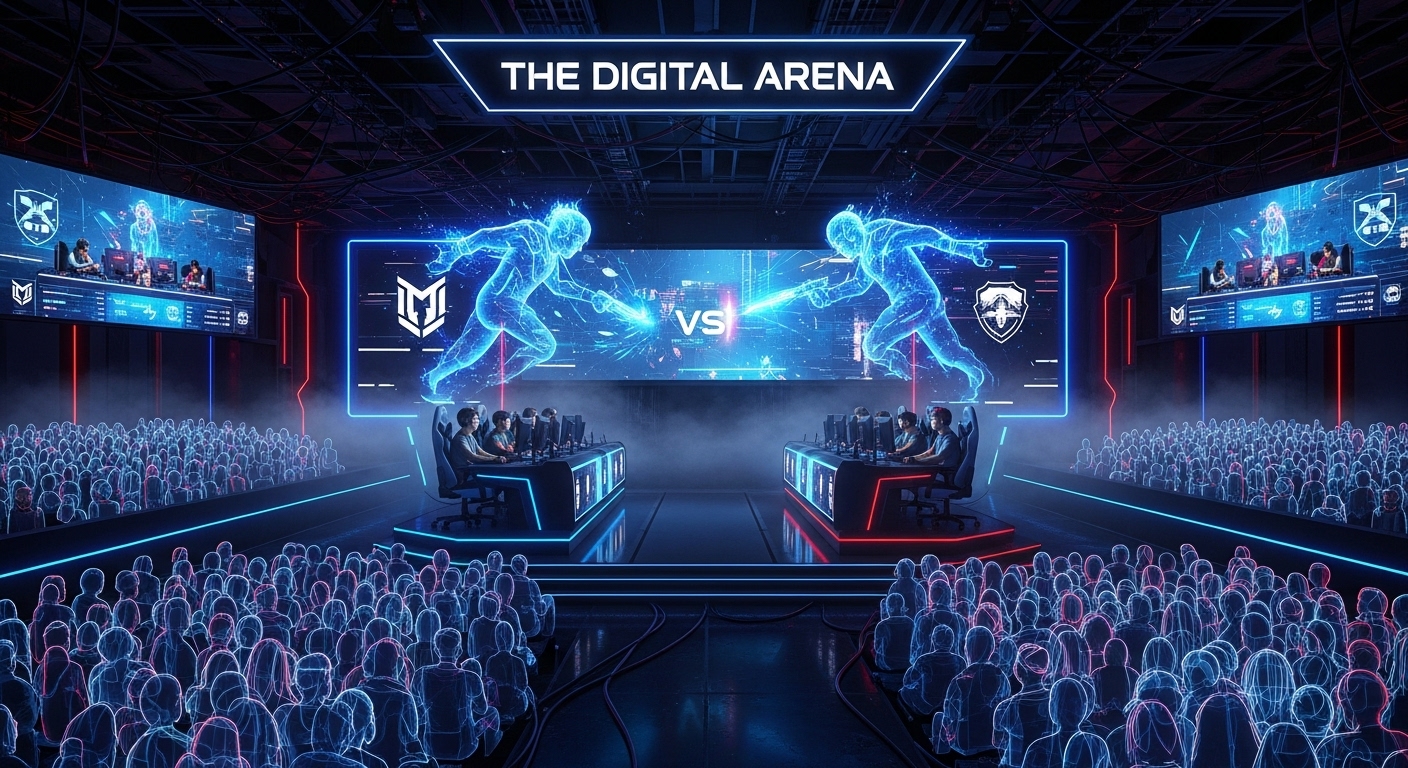Introduction
Esports, or competitive gaming, has grown into a global phenomenon, transforming how people view video games. It is no longer just a pastime but a professional arena where players compete for recognition, prizes, and prestige. With millions of fans, professional leagues, and international tournaments, esports has established itself as a legitimate form of competition that blends strategy, skill, and entertainment.
The Evolution of Esports
The journey of esports began with simple arcade competitions and local gaming contests. As technology advanced and the internet became widespread, online multiplayer games allowed players to connect globally. Today, esports features professional teams, large-scale tournaments, and live broadcasts that reach millions. Games like League of Legends, Dota 2, Counter-Strike, and Fortnite are now staples in the competitive gaming world, showcasing how far esports has come.
Skills and Strategy in Esports
Success in esports requires more than fast reflexes. Players must develop critical thinking, strategic planning, and teamwork. Multiplayer games demand communication, adaptability, and precise coordination. Professional esports players dedicate hours to practice, refining both their technical skills and mental focus. The combination of strategy and skill makes esports a highly competitive and intellectually challenging field.
Esports as a Career
Esports has evolved into a viable professional industry. Players can earn income through tournament winnings, sponsorships, and streaming content. Beyond competing, career paths include coaching, analysis, broadcasting, event management, and content creation. Educational institutions are beginning to offer esports programs, recognizing its potential as a legitimate career avenue. Esports proves that passion and dedication can turn gaming into a successful profession.
Community and Social Impact
Esports fosters strong communities worldwide. Online multiplayer platforms and live events create spaces where players and fans connect, collaborate, and share experiences. The social element of esports builds friendships, encourages teamwork, and promotes cultural exchange. Communities surrounding esports tournaments and events help players feel part of a larger, global network.
Technology Driving Esports
The growth of esports is fueled by technological innovation. High-speed internet, advanced gaming hardware, and streaming platforms enable players to compete professionally and fans to engage in real time. Virtual reality, artificial intelligence, and interactive platforms are shaping the future of esports, making gameplay more immersive, realistic, and exciting. Technology ensures that esports remains dynamic and continually evolving.
The Future of Esports
The future of esports looks promising with expanding global recognition, technological advancements, and increased professional opportunities. Virtual reality competitions, cloud gaming, and AI integration will make experiences more interactive and inclusive. Esports is expected to continue growing as a mainstream form of entertainment and competition, blending gaming, sports, and digital culture into one cohesive industry.
Conclusion
Esports has redefined gaming, turning it into a professional, competitive, and social phenomenon. It combines strategy, skill, and teamwork while offering career opportunities and fostering global communities. As technology evolves and the industry expands, esports will continue to shape the future of entertainment, proving that competitive gaming is a powerful and enduring force in the digital age.



